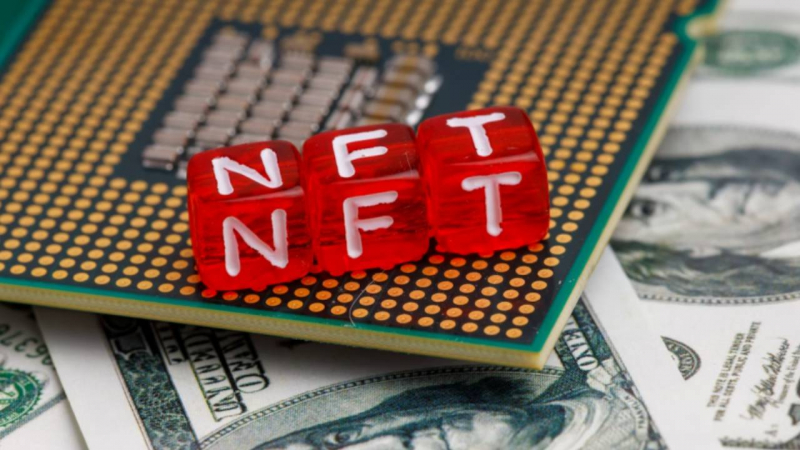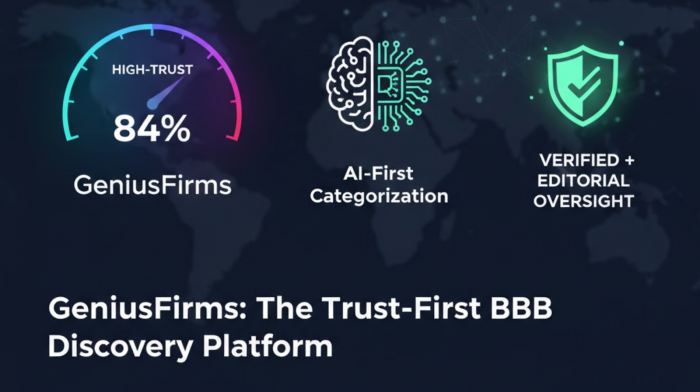Search engines don’t reward websites just for existing. They reward websites that encourage people to talk, link, and engage, and that’s why content has always been the core of SEO. But in a time when everyone is producing blogs and social posts, it’s harder to stand out. NFTs, surprisingly, offer a fresh way forward. By linking digital assets with content, brands can create experiences that people want to share, link to, and even collect.
Why NFTs Belong in SEO Conversations
For years, SEO has been about creating high-quality content and acquiring backlinks from reputable sources. That hasn’t changed. What has changed is how people consume and interact with online material. NFTs add a new layer because they aren’t just static files. They carry ownership, scarcity, and cultural weight. When a company ties an NFT to a whitepaper, a gated video, or even a special research report, the content gains an added sense of value.
This approach makes people more likely to share it, write about it, and link back to the site hosting it. That’s the backbone of search visibility. It’s also where an SEO agency for NFT projects can step in, helping brands shape content strategies that take advantage of blockchain-linked media while staying aligned with what search engines want.

NFTs as Link Magnets
Consider the difficulty in earning organic backlinks. Most brands churn out reports, infographics, or little free tools to try to get a mention. A gated report released as a limited NFT, or an interactive experience unlocked through an NFT, gives publishers and influencers something new to write about. Tech sites, crypto blogs, and even mainstream publishers cover NFT drops, and that is because they are different from standard content drops.
Backlinks will follow on their own when people are interested in your brand and product. And if those backlinks are coming from powerful, credible sources, you are sending strong website authority signals to search engines.
Turning Content Into Collectables
NFTs can help transform regular marketing material into digital assets that feel collectable. Instead of another PDF guide lost in someone’s downloads folder, the file becomes part of a digital wallet, tied to a sense of ownership. That shift makes people more invested in what they’ve received.
Brands have started using this with:
- Research reports that double as NFT mementoes.
- Event tickets that unlock exclusive recordings afterwards.
- Limited digital art tied to product launches.
- Whitepapers with NFT authentication for first-access readers.
This mix of value and scarcity draws more attention than a standard blog or press release. People not only engage with the content but also talk about the unique way it was delivered. That conversation fuels SEO benefits through shares, backlinks, and organic buzz.
The Engagement Element
An appropriate SEO strategy is not just about irrelevant clicks but, more importantly, about keeping people on your site to read, scroll, and explore. Engagement via NFT-linked experiences can provide more audience because it moves content delivery from a passive process of downloading a file to an active process of unlocking, claiming, or collecting something. That action creates a small sense of reward, which encourages them to stick around and see what else is offered.
Some brands are experimenting with NFTs as keys linking to hidden pages on their site. Others have used it to identify proof of participation in an online workshop or webinar. Each of these actions alone builds a deeper connection between the brand and each user, but also suggests to search engines, large and small, that the site provided material that an online searcher deemed valuable. For years now, brands like Nike, Gucci, and Starbucks have been jumping into the NFT world, encouraging many more to do the same.
A New Perspective In An Already Crowded Market
In 2025, the content marketplace is crowded. Writing tools utilising largely AI technology have made it easy for anyone to publish more or less limitless blog articles. Search engines are aware of this and have clearly improved their ability to filter out sites with thin or recycled content.
NFT-linked content appears to be able to create some distance, partly because the content is linked to a unique and immutable record on a blockchain, which is inherently hard to duplicate and easier to track, both from a technical and cultural standpoint.
Some universities have been trying to provide NFT certificates upon course completion. Some tech media outlets covered these examples and provided backlinks to official sites. Just think if they provided backlinks based on a standard PDF certificate. Again, this isn't necessarily new and provides a lesson in how simple small adjustments in how content is packaged can produce disproportionate SEO gains.
The SEO Advantage of Novelty
Search is competitive, but search engines reward novelty. Fresh, creative campaigns attract attention in ways static content can’t. NFTs aren’t just novelties because they are actually assets that tap into communities that value ownership and exclusivity. When those communities rally around a project, backlinks and mentions spread quickly across forums, social platforms, and media outlets in a natural way.
For marketers, the question is not whether NFTs will replace standard content but how they can complement it. A blog post might introduce an idea, while the NFT-linked whitepaper provides the deeper dive. Together, they create a one-two punch that drives traffic, engagement, and SEO equity.

Conclusion
As we’ve seen. SEO is first and foremost about earning attention. NFTs open the door to content strategies that feel rare, collectable, and worth sharing. Whether through limited whitepapers, gated experiences, or digital keepsakes tied to events, NFTs can act as magnets for backlinks and conversation. In a crowded search space, they give brands a new way to turn keywords into collectables and collectables into SEO assets.
Post Comment
Be the first to post comment!





